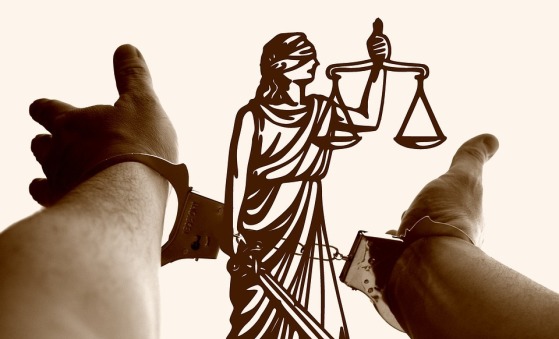
The Catholic Bishops Conference of India (CBCI) has issued a forceful condemnation of recent statements made by Rashtriya Swayamsevak Sangh (RSS) chief Mohan Bhagwat, who used an alleged conversation with the late President Pranab Mukherjee to link Christianity with anti-national activities.
Speaking in Hindi at an event in Indore on January 13, 2025, where he presented the ‘National Devi Ahilya Award’ to Vishva Hindu Parishad (VHP) leader Champat Rai, Bhagwat claimed that during his first meeting with then-President Mukherjee, they had discussed the RSS’s ‘ghar wapsi’ programme. As translated by The Indian Express, Bhagwat alleged that Mukherjee had praised the RSS’s work, claiming that without it, “30% of tribals” would have been affected. In a telling moment that revealed his rhetorical strategy, Bhagwat narrated: “I said, — would have become Christian? He said not Christian, but anti-national. This is what he said.” Through this narrative construction, Bhagwat appeared to deliberately establish an equivalence between Christianity and anti-national activities, while using Mukherjee’s alleged words to legitimise this viewpoint.
Following these claims, Bhagwat elaborated on his views regarding conversion: “If conversion comes through an internal calling, it is fine. We believe all forms of prayers are right. But if conversion is achieved through allurement or through force then its real aim is not spiritual enlightenment but increasing influence through uprooting.”
The CBCI, in its statement released on January 16, questioned both the timing and veracity of these claims, noting that they emerged only after Mukherjee’s death in 2020. “We do not believe the statement to be true and spoken by the former president, because we hold him in great esteem for his contribution to the nation and the respect for pluralistic secular ethos of our motherland,” the CBCI statement asserted.
The bishops’ conference particularly criticised what it termed “right-wing compliant journalism and submissive media, degrading the independent and fearless media, the acclaimed fourth pillar of Indian vibrant democracy.” The statement pointed out that it was “unfortunate that the thrice banned organization, attached with the kind of violent Indian history as has seen over the past several decades, is allowed with impunity to call the non-violent, peace loving and service oriented Christian community as anti-nationals.”
Rev. Vijayesh Lal, General Secretary of the Evangelical Fellowship of India, speaking to Christian Today, exposed what he saw as the underlying motivation: “Mr. Bhagwat's statements reflect classic RSS positioning. The tribal communities are constant reminders to the RSS that it is the tribals who are India's original inhabitants, a fact that contradicts the Sangh's own narrative. This is why the RSS is so determined to impose Hindutva ideology upon them.”
The timing of Bhagwat’s claims appears particularly significant given that Mukherjee’s own public statements, including those made at an RSS event in Nagpur in 2018, had emphasized that nationalism could not be defined by any single religion. During that event, Mukherjee had specifically quoted Jawaharlal Nehru, Mahatma Gandhi, and Rabindranath Tagore to stress the importance of secularism and inclusion.
The CBCI highlighted the irony in Bhagwat’s narrative: “Is it not the violent Ghar Wapsi program of VHP and other similar organizations, curtailing the exercise of freedom of conscience of economically deprived tribals, the real anti-national activity?”
In defending the Christian community, the CBCI emphasized the Christian contribution to nation-building, which they noted was “well known, appreciated and acclaimed in various fields such as freedom struggle, education, medical care, social upliftment.”
The controversy emerges at a crucial political moment, as opposition parties highlight tribal rights and caste census as key issues ahead of upcoming elections. The RSS and its affiliated organisations have long campaigned against conversion of tribals to Christianity, with several outfits recently pushing for the removal of reservation benefits for converted tribals.
When approached by The Indian Express about these controversial claims regarding her father, Mukherjee’s daughter Sharmishtha Mukherjee declined to comment.
The CBCI has called upon media outlets, political leaders, and parliamentarians to recognize and respond to what they describe as a dangerous attempt to equate religious minorities with anti-national elements. Their statement warned that “wide publicity to such unverifiable and motivated statements are prone to divide communities by inciting violence and promoting hatred.”
“The real issue is the right to exercise freedom of conscience, a fundamental right under Art. 25, by the tribals and other vulnerable who too are entitled to live a life with human dignity as enshrined in the Constitution of India,” the CBCI statement concluded, urging focus on economic empowerment and educational enlightenment rather than “falling into the scheming and propaganda of powerful and oppressive sections.”




